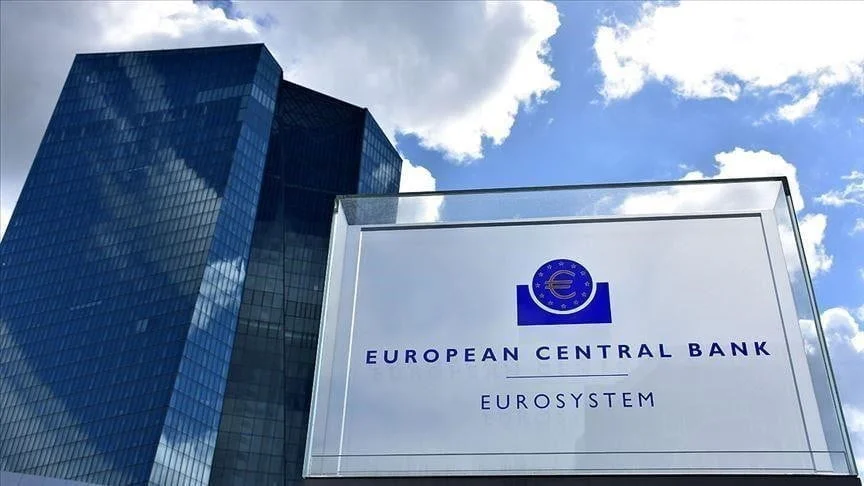European central bank (ECB) President Christine Lagarde says although stablecoins appear to be used in various transactions they are not currencies rather should be regarded as assets.

All cryptocurrencies, including stablecoins and speculative assets, “are not currencies at all,” according to Christine Lagarde, president of the European Central Bank.
In an interview with World Economic Forum founder and executive chair Klaus Schwab on Sept. 1, Lagarde noted that while cryptocurrencies “present themselves as currencies,” they are still assets that must be regulated and “overseen by asset regulators.” The ECB president said that fiat-pegged digital currencies were likewise deemed assets under this criteria.
“Stablecoins appear to be coins, but they are entirely linked to a real currency,” Lagarde explained. “For example, some of them claim that they can be used for transactions, but that the value will be identical to the dollar.”
She went on to say that any initiative creating stablecoins should be forced to completely back their assets with fiat currency:
“That needs to be checked, supervised, regulated so that consumers and users of those devices can actually be guaranteed against eventual misrepresentation. I think very recent history has shown that those reserve currencies were not always available and as liquid as they were intended to be.”
Tether, the largest stablecoin issuer by market capitalization, may have been mentioned by Lagarde. As part of a settlement with the Office of the New York Attorney General, the company agreed to pay $18.5 million in damages and submit to periodic reporting of its reserves until 2023.
The Office of the New York Attorney General claimed that the stablecoin issuer had misrepresented the degree to which its USDT tokens were backed by fiat collateral.
Despite these apparent strong views on digital assets, Lagarde stated that the ECB intends to respond to its consumers.
She has lambasted stablecoins and cryptocurrencies in the past, but she hasn’t ruled out the prospect of the ECB introducing its own digital currency. The ECB’s governing council said in July that it will begin the two-year study phase of a digital euro initiative.
“It should be available if clients wish to use digital currency rather than banknotes and cash,” Lagarde said. “We should answer to that need with a European-based solution that is secure, available, and has user-friendly conditions that can be used as a payment method.”
